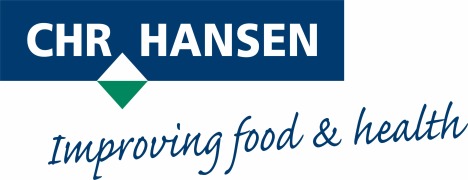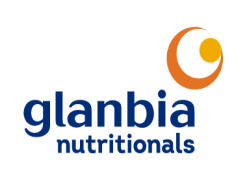News
Exploring the future of plant protein in Europe
25 Oct 2019Plant protein is one of the biggest food industry trends, but futureproofing the supply of sustainable plant-based protein sources poses big challenges.
Protein content in new European product launches is on the rise, from 7.5 g per 100 g in September 2013 to 8.6 g in August 2018, according to Mintel, and a growing number of consumers is looking to eat more protein. Amid growing concerns about the environmental and health implications of high meat consumption, plant proteins are likely to play a major role in future European diets. However, questions remain about the sustainability of plant protein sources, and how they can be optimised to make appealing foods and drinks.

Locally produced protein is a major sticking point for the EU, which has a protein strategy to decrease reliance on imported proteins. Currently, the EU imports about 95% of its soy beans and soy meal, the industry’s most popular plant protein. European-grown soy faces challenges compared to soy from South America due to lower protein content and lower yields. While organisations like Donau Soja are working on ramping up European soy production, companies and researchers increasingly are exploring alternatives.
The European Union recently announced its Smart Protein project, which is set to develop novel protein ingredients from sustainable sources like plants, fungi, and manufacturing by-products. That could mean using pasta residue, spent brewer’s yeast or bread crusts and upcycling them into microbial biomass proteins that could then be used in a range of foods and drinks, including meat and dairy alternatives, baked goods and infant formula. Other proteins also could be extracted from fava beans, chickpeas, quinoa and lentils, with a focus on improving the structure and flavour of finished food products.
The project is due to start in January 2020, and the first products resulting from the initiative are expected to hit supermarket shelves in 2025. Several food manufacturers and ingredient manufacturers are among the project’s global contributors, and include Novozymes, Chr Hansen, Barilla, Nutricia Research, Equinom, ProVeg and Glanbia.
Although growing interest in vegetarianism and veganism has helped boost sales of plant protein products in Europe, market researchers agree that it is the burgeoning – and much larger – group of flexitarian consumers that has the potential to really drive an upward trend in plant-based proteins.
Mintel has suggested that less common plant protein sources, such as those from potato or chickpea, could hold opportunities for industry, as they also tap into demand for allergen-free products. For example, its figures show the proportion of UK consumers avoiding dairy at about 18%, but the proportion avoiding soy is similar, at about 17%. Consumer preference for whole foods like legumes, nuts and grains, and concern about the naturalness of protein concentrates may also prove important information to bear in mind.



